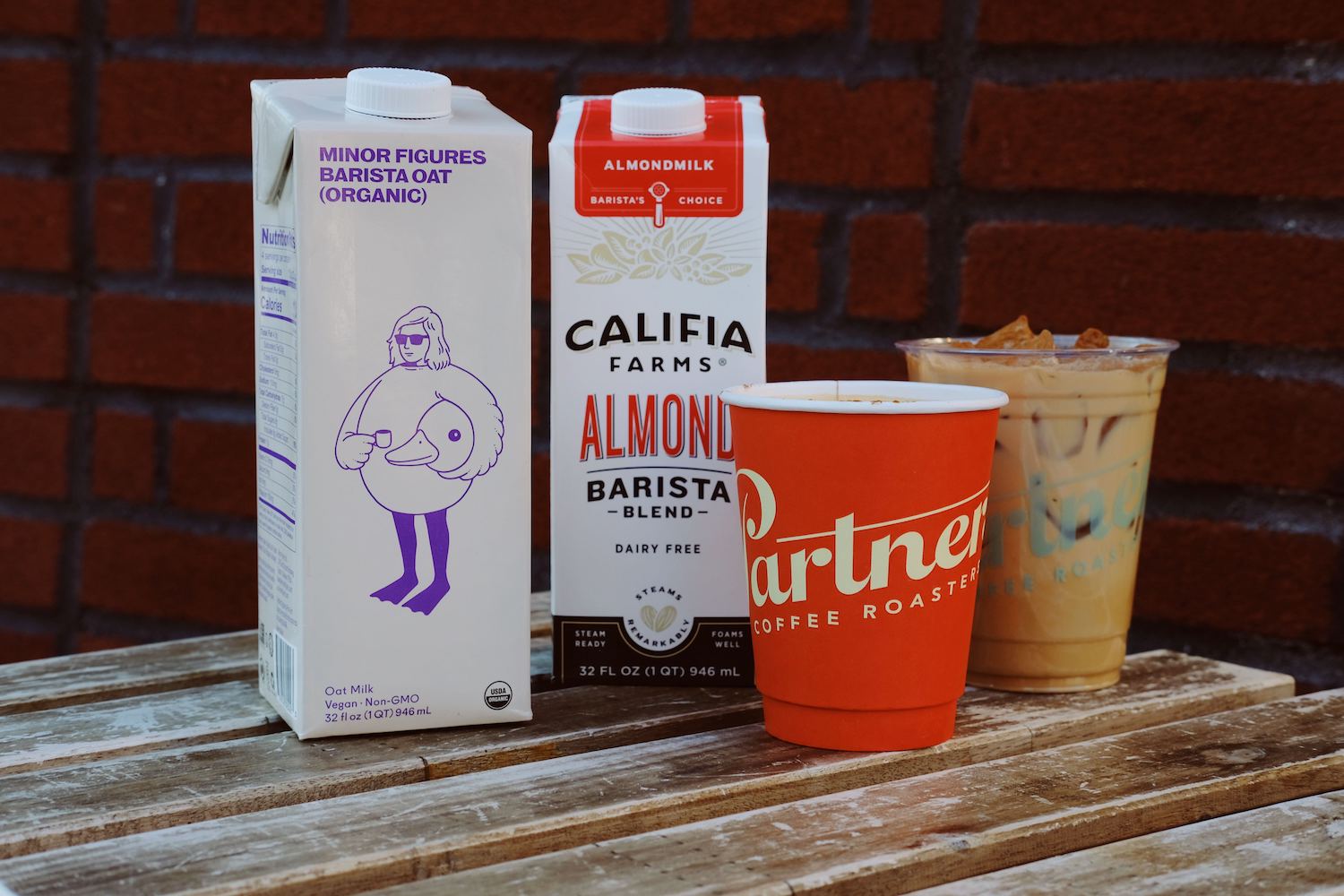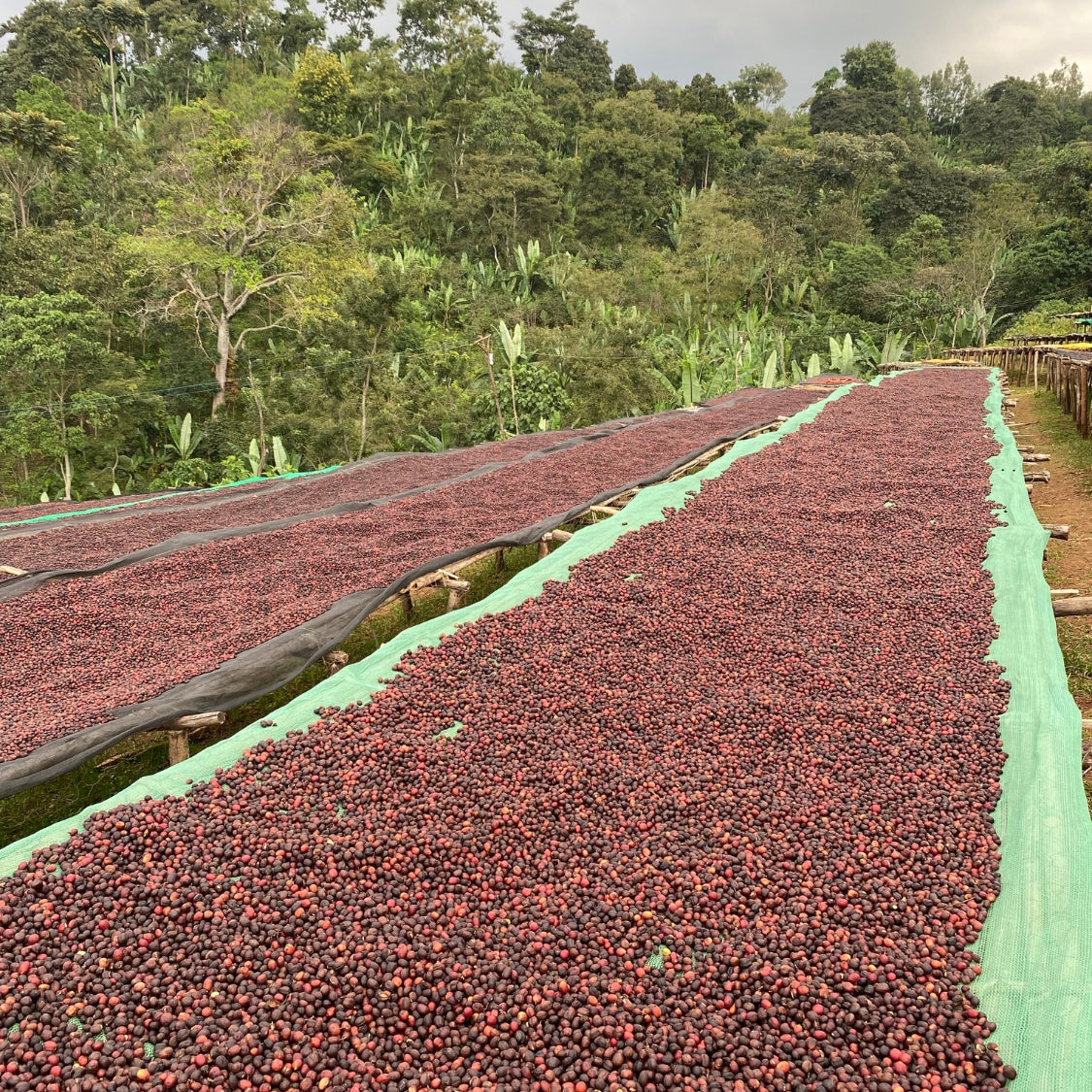Many specialty coffee aficionados are opting for alternative milk choices, driven by concerns about the environment, sustainability and ethics associated with traditional dairy production. The plant-based movement, fueled by a commitment to reducing the environmental impact of agriculture and addressing animal welfare concerns, has seen significant growth. Beyond macro concerns, many consumers are sensitive to dairy—alternatives like soy, almond and oat make coffee drinks more inclusive for a variety of dietary needs and preferences.
Oat milk in particular has gained remarkable popularity in recent years due to its creamy texture and neutral taste. It has quickly become the preferred choice for customers seeking dairy-free options that closely mimic the texture and flavor of dairy—not just for coffee but also for cereal, smoothies and cooking more generally. The success of oat milk is a testament to what drives consumers. While dairy alternatives have always been available, only one that offers uncompromising flavor could overtake dairy entirely. In 2023, oat milk sales surpassed whole milk 3:1.

Almond milk has always been a tried-and-true dairy alternative. Even with the rise of oat milk, almond has a loyal fanbase that will never convert. For the best results, we look for the creamiest almond milk available, making it easy for baristas to steam. Almond milk has a less neutral flavor than oat, which has caused it to lose some popularity as oat milk has become widely available. But, just like traditional dairy—almond milk will always have its loyal fans, especially for those who enjoy the subtle nutty flavor it brings to coffee and matcha when steamed.
Both oat and almond milk have advantages when it comes to environmental impact; You can’t go wrong no matter what you choose when switching from traditional dairy—but not all milk alternatives have an equal environmental impact. Almond, for example, requires a higher amount of water to produce than other plant-based milks. Oat, by comparison, uses far less water but requires significantly more land. However, when compared to dairy, far less resources are required to make the same amount of plant-based milk.
In our cafes, we’re committed to providing choices that align with our customers tastes and values, without any additional charge. We believe your visit should be about enjoying what you like—whether that’s almond, oat, or locally sourced dairy. We partner with Minor Figures for our organic oat milk and with Califia Farms for our barista-grade almond.








Leave a comment
This site is protected by hCaptcha and the hCaptcha Privacy Policy and Terms of Service apply.